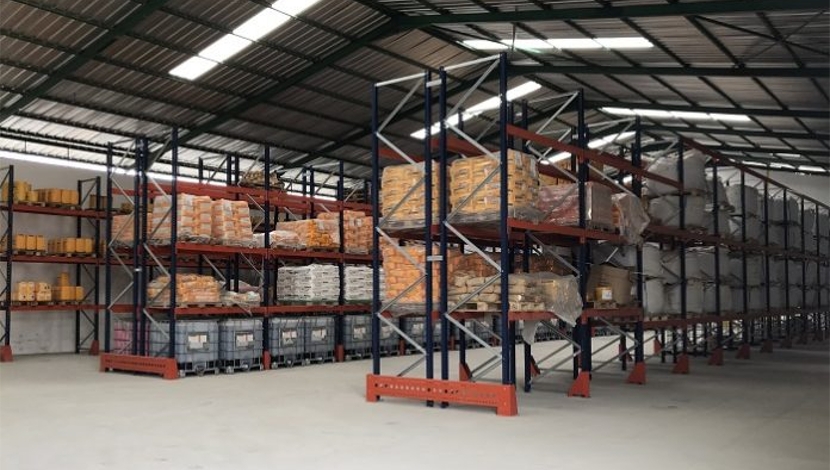
What do an environmentally-friendly minicab, a water distillation system and a fire alert detector have in common? They represent outstanding innovation talent across Africa.
Since its launch in 2011, IPA has become recognised as leading the innovation frontier in Africa by rewarding innovation that contributes to Africa’s growth, development and prosperity.
This year 925 applications from 41 countries were received and this year’s finalists showcase a diverse range of innovations from agriculture, to education and e-health. The 10 nominees for IPA 2015 are:
•Adnane Remmal, Morocco: A patented natural alternative to livestock antibiotics.
•Alex Mwaura Muriu, Kenya: Farm Capital Africa, a well-developed risk sharing agri-business funding model that draws in investors for a share of farming profits.
•David Gluckman, South Africa: Lumkani fire detection. An off-the-shelf fire detection device and alert service suitable for informal dwellings.
•Jean Bosco Kazirukanyo, Burundi: New type of cement “OSP” that protects waters against carcinogenic lubrication oil spills.
It can be sprinkled on fresh or old lubricant and oil spills and chemically reacts with the contaminants to form tiny lumps that can be easily removed and deposited in designated plastic bins before being transported to concrete plants where they can be used as concrete additives. This innovation effectively contains and recycles ecologically harmful oil spills that are currently being disposed of in an unsustainable manner across Africa, causing huge ecological damage.
•Johann Pierre Kok, South Africa: ‘Seebox’. A scientific engineering educational box that allows children to enjoy a practical and experimental way of learning the sciences and electronics
•Kyai Mullei, Kenya: M-changa, also known as E-harambee. A mobile application that empowers individuals and organizations to initiate and manage fundraisers via sms or web devices in an efficient and cost effective way.
•Lesley Erica Scott, South Africa: Smartspot TBcheck examines the accuracy of machines used to detect TB diagnosis.
They are designed to assess whether these machines are functioning optimally.
•Marc Arthur Zang, Cameroon: The cardio-pad. An affordable tablet that records and processes the patient’s ECG (heart signal) before transferring it to a remote station using mobile phone networks. The device can be used in village hospital and clinic settings in the absence of a cardiologist.
•Neil Du Preez, South Africa: Mellowcabs. This is a suite of technologies that includes recovering the kinetic energy that is typically lost in the braking process, converting it into electricity and storing it.
•Samuel O. Otukol, Uganda: Water distillation system and process (dsp) for drinkable water in areas of water shortage or where only sea water is available.
Three winners will be chosen and announced in a glittering ceremony in Skhirat, Morocco on 13 May 2015.
The US$150 000 cash prize is shared, with the most outstanding innovation receiving US$100 000, and two prizes of US$25 000 for innovation with the highest social impact and best business potential respectively.





